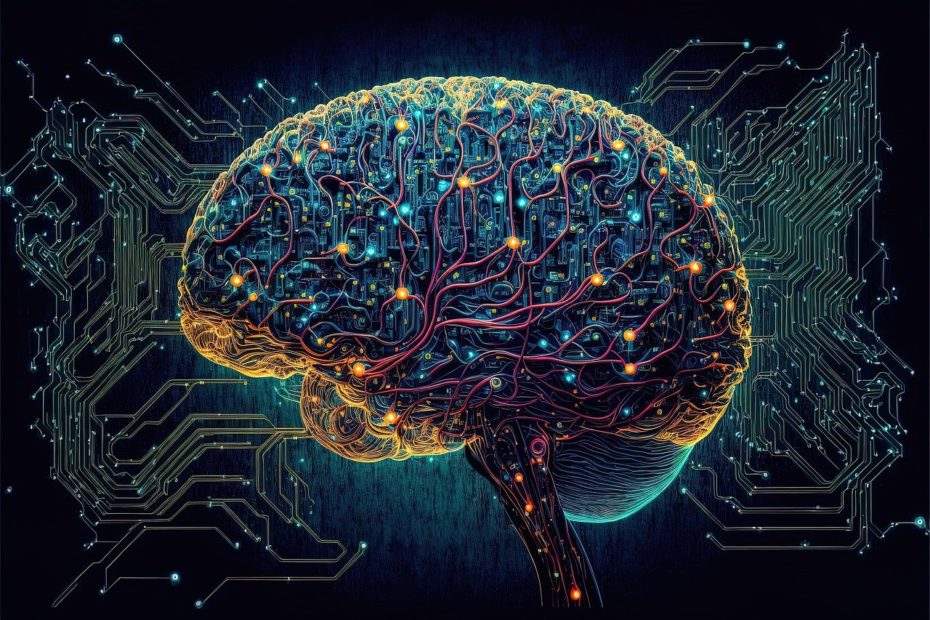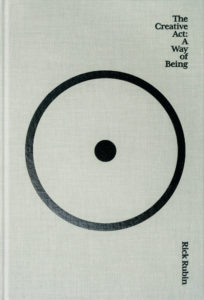Written by Stephen Rainey
Human beings are sometimes seen as uniquely capable of enacting life plans and controlling our environment. Take technology, for instance; with it we make the world around us yield to our desires in various ways. Communication technologies, and global transport, for example, have the effect of practically shrinking a vast world, making hitherto impossible coordination possible among a global population. This contributes to a view of human-as-maker, or ‘homo faber‘. But taking such a view can risk minimising human interests that ought not to be ignored.
Homo faber is a future-oriented, adaptable, rational animal, whose efforts are aligned with her interests when she creates technology that enables a stable counteraction of natural circumstance. Whereas animals are typically seen to have well adapted responses to their environment, honed through generations of adaptation, human beings appear to have instead a general and adaptable skill that can emancipate them from material, external circumstances. We are bad at running away from danger, for instance, but good at building barriers to obviate the need to run. The protections this general, adaptable skill offer are inherently future-facing: humans seem to seek not to react to, but to control the environment.
Read More »Making Ourselves Better



